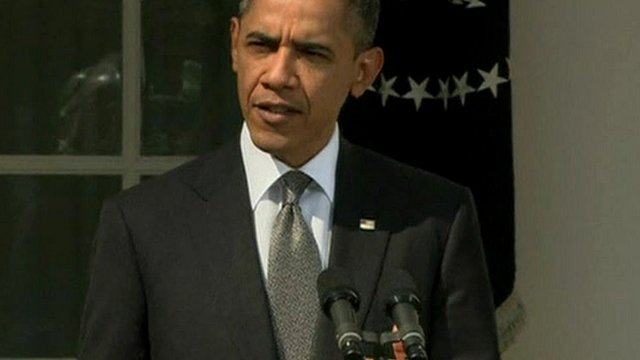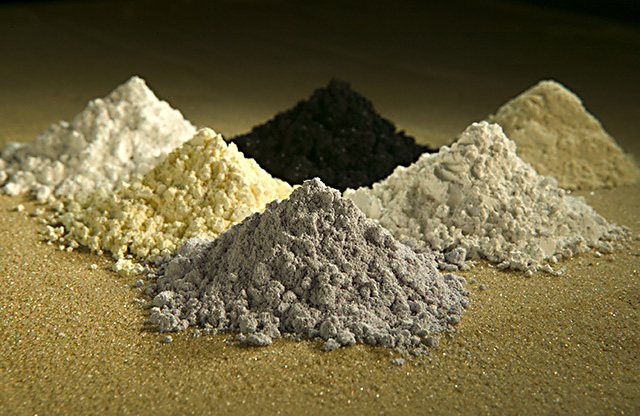BabuK
JF-Expert Member
- Jul 30, 2008
- 1,845
- 329

The US, Japan and the European Union have filed a case against China at the World Trade Organization, challenging its restrictions on rare earth exports.
US President Barack Obama announced the filing at the White House, accusing China of breaking agreed WTO rules.
Beijing has set quotas for exports of rare earths, which are critical to the manufacture of high-tech products from hybrid cars, to flat-screen TVs.
It is the first WTO case to be filed jointly by the US, EU and Japan.
They argue that by limiting exports, China, which produces more than 95% of the world's rare earth metals, has pushed up prices.
Environmental concerns?"We've got to take control of our energy future and we cannot let that energy industry take root in some other country because they were allowed to break the rules," Mr Obama said in a Rose Garden press conference.
"If China would simply let the market work on its own we would have no objections."
In the press conference, Mr Obama also said his new trade enforcement unit - which he established last month, with China the primary target - was ramping up its operations.
China has denied the allegations in the WTO case, saying that it had enforced the quotas to ensure there was no environmental damage caused due to excessive mining.
"We think the policy is in line with WTO rules," said Chinese foreign ministry spokesman Liu Weimin.
"Exports have been stable. China will continue to export, and will manage rare earths based on WTO rules," he said.

The 17 metals are used in electrical products, as well as many renewable energy devices.
There have been concerns that Beijing has implemented the quotas in a bid to ensure that prices remain low within China, which would give its manufacturers an advantage.
But Ivor Shrago, chairman of the mining services firm Rare Earths Global, said the US was in trouble because it took the wrong decisions in the past.
"They took a deliberate decision about 20 years ago not to develop [rare earth mining] and instead to buy the completed products," he told BBC News.
"Because of the deliberate decision that was taken, in China we have developed skills and expertise that the others do not have."
Welcoming Chinese Vice-President Xi Jinping to the White House last month, Mr Obama warned that China must play by the same rules as other major powers in the world economy.